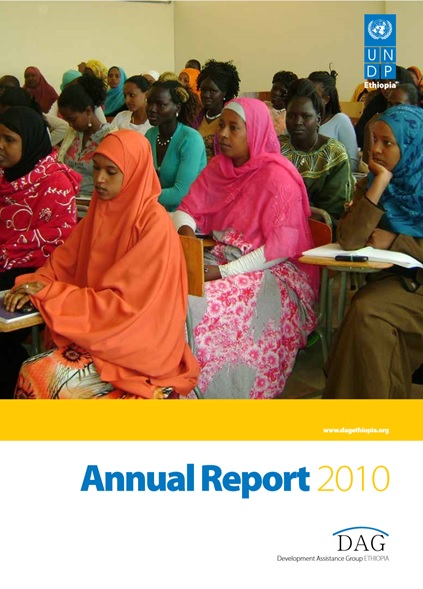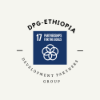Breadcrumb

Following the global financial crisis of 2008, Ethiopia managed to shelter itself from the worst impact, and maintain strong growth into 2010. Impressive progress in infrastructure development and access to basic services continued, as showcased at the UN MDG Summit.
The Government prepared a new five year plan - the Growth and Transformation Plan (GTP) – with ambitious goals to double the size of the economy and achieve the MDGs by 2015. The GTP raised hopes for even faster progress, but also gave rise to some concerns about macroeconomic imbalances and the adverse social impact that could result from extremely ambitious plans implemented at speed.
Implementation of the Charities and Societies Proclamation, and important national elections, also prompted some concern, and there were allegations that donor-supported development programmes were being distorted for political gain in the run-up to the elections. The DAG conducted an Aid Management and Utilisation study, and followed it up with vigorous discussions with the Government and some critics of donor-supported programs. In 2011, further work will be done to strengthen the safeguards and systems that support effective and appropriate use of all aid resources.
During 2010, the Government and development partners shifted further towards a focus on the quality of programmes and results delivered. Given the significant strides Ethiopia has already made in access to basic services and the build-up of physical infrastructure, this is a timely and welcome shift. And it should serve Ethiopia well, as it seeks to transform itself into a country with a competitive and vibrant economy, and high-quality social services. Reflecting this, serious discussion has started in some sectors to move toward results-based aid.
The DAG also undertook a review and began to implement changes to the DAG, including new members, an enhanced Executive Committee, and streamlined technical working groups. These changes were intended to enable the DAG to work with greater efficiency, effectiveness and pace.
Implementation of GTP will likely pose serious challenges to macroeonomic management, and strain the institutional capacity of the Government. Such creative tensions, however, will no doubt open new areas of dialogue within Ethiopia, and between the Government and development partners. We hope that the reorganised DAG will be in a position to work closely with the Government and other important stakeholders to meet those challenges in the coming year.
